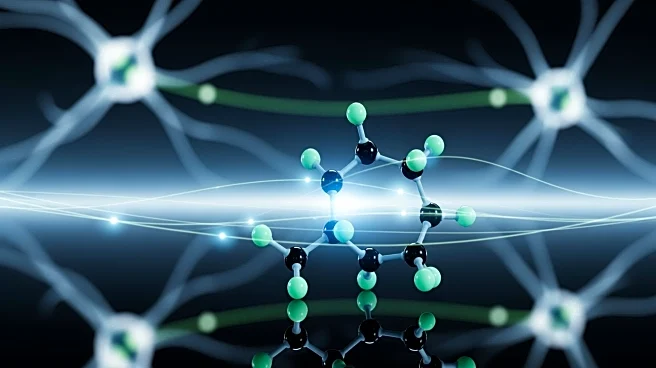Rapid Read • 8 min read
A recent study published in The Lancet Gastroenterology & Hepatology has revealed that doctors who frequently use artificial intelligence (AI) for cancer detection during colonoscopy procedures have experienced a decline in their diagnostic skills when AI is not in use. The research, conducted across four endoscopy centers in Poland, assessed the performance of endoscopists who regularly utilized AI technology. The findings indicated a decrease of approximately six percentage points in their ability to detect cancer without AI assistance. This study raises concerns about the potential negative impact of AI on healthcare professionals' skills, particularly in cancer prevention and detection.
AD
The implications of this study are significant for the healthcare industry, as it highlights the potential drawbacks of over-reliance on AI technology. While AI can enhance diagnostic accuracy, it may also lead to a de-skilling effect among medical professionals, reducing their ability to perform critical tasks independently. This could affect patient outcomes and the overall quality of healthcare services. The study prompts a reevaluation of how AI is integrated into medical practices, emphasizing the need for balanced use that supports, rather than replaces, human expertise.
The healthcare industry may need to reconsider training and development programs for medical professionals to ensure they maintain their diagnostic skills alongside AI usage. Further research could explore methods to mitigate the de-skilling effect and optimize the collaboration between AI and human expertise. Stakeholders, including medical institutions and AI developers, might engage in discussions to establish guidelines for AI integration that prioritize patient safety and professional competency.
This study also touches on ethical considerations regarding the use of AI in healthcare. It raises questions about the responsibility of medical professionals to maintain their skills and the role of AI developers in ensuring their technology does not inadvertently harm patient care. Long-term, this could influence policy decisions and regulatory frameworks governing AI use in medical settings.
AD
More Stories You Might Enjoy










